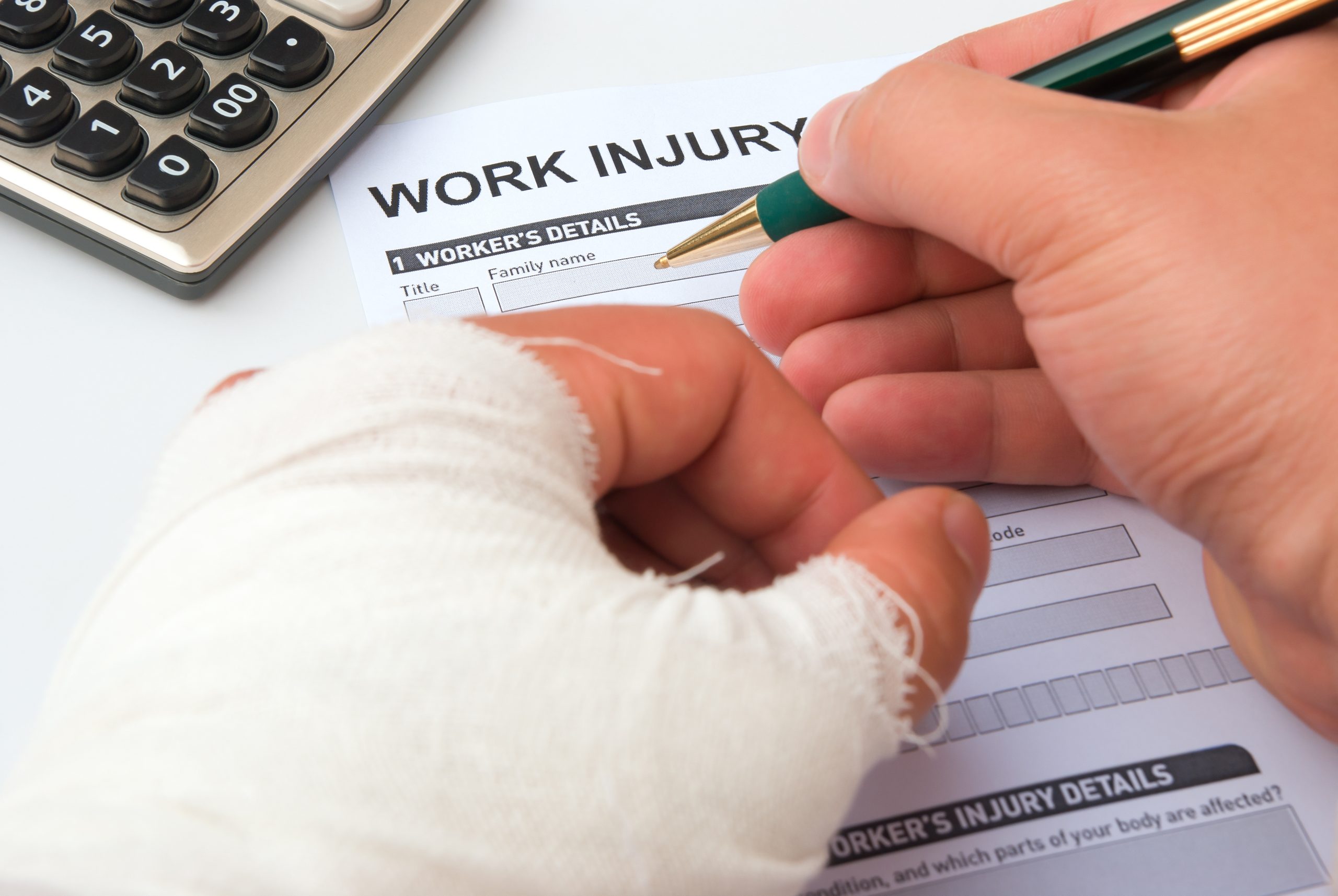In general, being fired does not automatically disqualify injured workers from collecting workers compensation benefits if they have a valid and legitimate claim to collect workers compensation. Worker’s compensation is intended to provide benefits, medical expenses, and other medical treatment, to employees who received a workplace injury during their employment, regardless of fault or employment status.
Can You Be Fired During Your Approved Medical Leave?
While it might seem like your employer cannot fire you while you are on approved leave, the truth is not so straightforward. Employers cannot legally fire you in retaliation for filing a workers’ compensation claim or taking medical leave. However, that does not mean your position is safe and guaranteed to be there when you recover. Most employees are hired on an at-will basis. This means they can quit their jobs for any reason, with or without giving their employer notice. However, it also means that your employer can fire you for any legitimate reason. They are prohibited by law from terminating employees due to medical conditions, workers’ compensation claims, and medical leaves of absence. But they can always cite another reason to justify the termination. These reasons can range from anything from poor work performance prior to the accident to a reduction in workforce or a general layoff. Typically, employers will cite a reason for termination completely unrelated to the workers’ compensation claim or medical leave, as firing employees for medical reasons can easily result in a lawsuit.
When Are Employers Allowed To Fire People on Workers’ Compensation?
There is a difference between firing an employee who filed a workers’ comp claim and firing an employee because he or she filed a claim. Your employer is within its rights to terminate your employment after you filed a workers’ comp claim or even while you are receiving benefits. There is no law requiring your employer to hold your position open while you are unable to work. They have a business to run. If you are no longer able to do the job, or do your job with reasonable accommodations, they may be within their rights to fire you and hire someone else. The Americans with Disabilities Act makes it illegal for your employer to fire you if you can perform the essential functions of your job with reasonable accommodations. That said, your employer needs to do its part to help you perform the essential functions of your job. This could include installing a device to help you take phone calls because you lost your hearing. It may also be possible to use technology to allow you to do your job with vision loss or visual impairment. However, it might not be possible to do the essential functions of your job with certain injuries, such as an amputation.
At-Will Employment vs. Contracted Employees
At-will employees can be terminated for any legal reason without prior notification or cause. On the other hand, contracted employees have a written agreement outlining the terms and conditions of their employment, including the duration of the contract and the circumstances for termination. In contracted employment, termination can only occur if there is a breach of the contract or if both parties mutually agree to end the contract. The termination process for at-will employees is relatively straightforward, as employers can terminate them at any time and for any reason, without providing a specific cause or notice. For contracted employees, the termination process may be more complex, as the terms of the employment contract will dictate the conditions under which the employee can be terminated, including specific reasons for termination, notice periods, and any required severance or compensation.
What Happens to Your Workers’ Compensation Benefits if You Lose Your Job?
In most cases, you should continue receiving your benefits until you fully recover, or you recover as much as possible, and you are able to return to work. Your medical costs should also be covered by workers’ comp. Your right to workers’ compensation does not cease simply because you lost your job. If you are still disabled after reaching the point of maximum medical improvement, you may continue receiving benefit payments. You could also get the rest of this compensation via a lump sum payment. Here are some specific examples of situations when you should still receive benefits after being fired:
- You were laid off
- You were fired without cause
- You were fired in violation of the terms of your employment contract
When Could You Lose Your Workers’ Comp Benefits After Getting Fired?
You might lose your workers’ compensation benefits after being fired if:
- You were fired with cause, such as if you committed an illegal or wrongful act
- You did not return to work after your doctor authorized you to return to work
Do I Have a Case for a Wrongful Termination Lawsuit?
You may have a strong case for wrongful termination if you can prove that the termination was solely due to having filed a worker’s compensation claim.
This evidence include:
- Situations such as the employer’s knowledge of the claim by those deciding to terminate
- Employers showing a negative attitude toward the injury
- Employer’s failure to adhere to company policies
- Employer’s different treatment as compared to other employees in similar situations
- Sudden changes in the work performance evaluations following a claim for workers’ compensation
- Other evidence showing that the stated reason for the termination differed from the actual reason. This evidence is circumstantial and may, in aggregate, prove that the claim for retaliatory discharge is valid.
These factors are not all-inclusive. Some may be used to show that you have been wrongfully terminated. Once an employee can show this evidence, the employer must refute this evidence and show that there was a legitimate reason for firing the employee that does not include termination due to the workers’ compensation claim. Therefore, to file a claim for retaliatory discharge, you must show that the termination was just that, retaliatory. These factors and others may be used separately or together to show a court that you have been wrongfully terminated for filing a workers’ compensation claim.
What Damages Are Recoverable?
Different states provide different compensation if you have been unlawfully fired while on workers comp. Generally, however, you can recover:
- back pay
- job reinstatement
- attorneys’ fees, and
- workers’ compensation, if the termination impacted the claim












